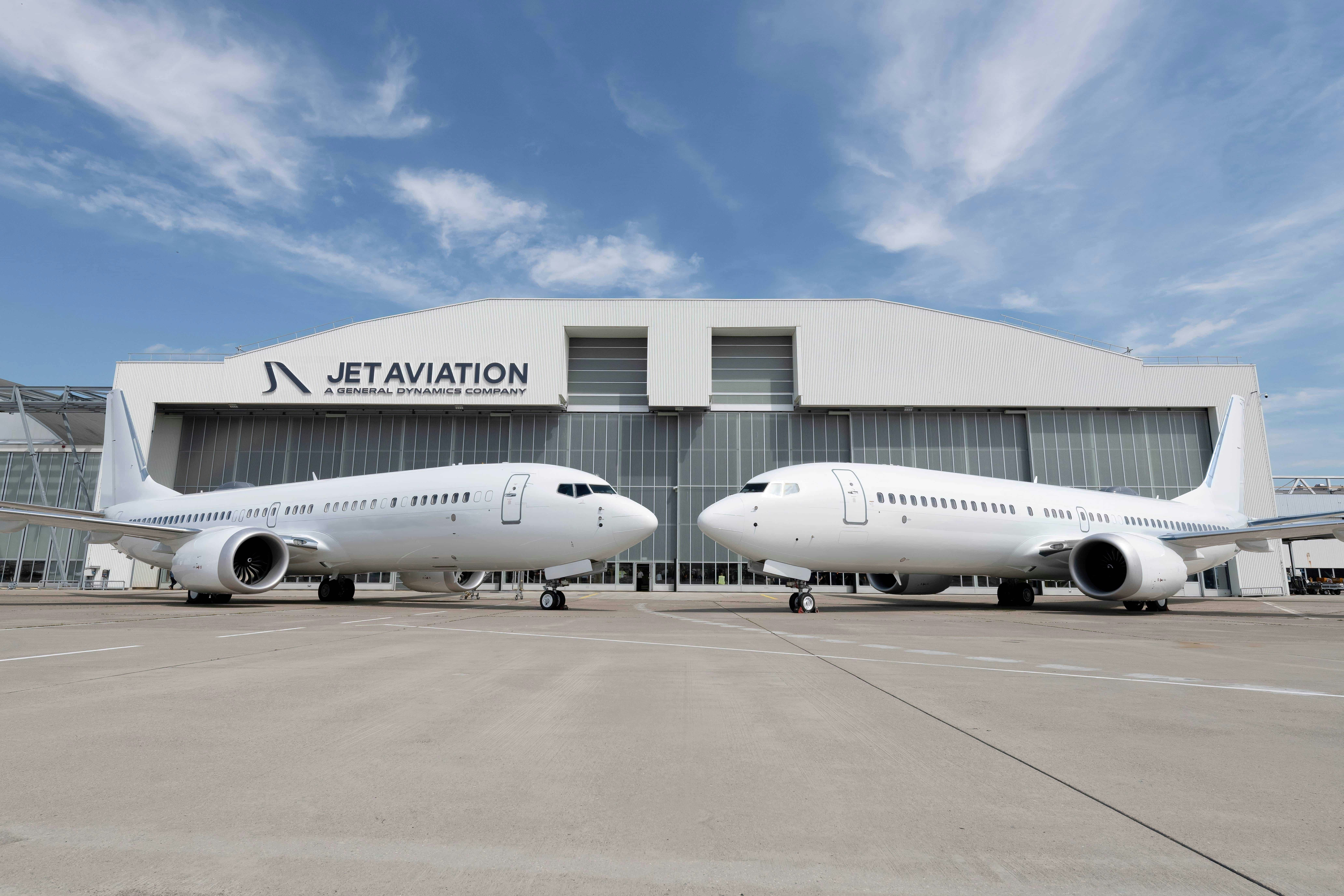أيروجيني — مساعدك الذكي للطيران.
الرائج الآن
Categories
Air Cambodia to Acquire 20 Boeing 737-8 Aircraft

Air Cambodia to Acquire 20 Boeing 737-8 Aircraft
Air Cambodia has announced a landmark agreement to acquire ten Boeing 737-8 aircraft, with options to purchase an additional ten, marking the airline’s first order of Boeing planes. This deal, confirmed by Deputy Prime Minister and chief negotiator Sun Chanthol, is part of a broader trade agreement with the United States aimed at strengthening bilateral economic ties. Speaking to US media, Sun highlighted the symbolic importance of the acquisition, stating, “Cambodia’s purchasing power is not as big as other countries, but we are showing our commitment.”
Strategic Economic Context and Trade Relations
The aircraft order coincides with Cambodia’s efforts to deepen economic relations with the United States, particularly in securing reduced tariffs on garment exports, a critical sector for the country’s economy. The trade agreement is intended to influence US policy, encouraging President Donald Trump to lower proposed tariffs from 49% to 19%. While specific details regarding the delivery schedule, financing, and operational plans for the new fleet remain undisclosed, the announcement signals a strategic move by Cambodia to enhance its aviation capabilities and economic partnerships.
Currently, Air Cambodia operates a modest fleet comprising two Airbus A320-200s, one A321-200, and three ATR72 variants. Notably, there are no Boeing aircraft registered in Cambodia at present. The airline is 30% government-owned, with other significant shareholders including Henan Airport Group (28%), Hong Kong-based 7TRIP International (28%), and Vietnam Airlines (14%), the latter of which plans to divest its stake by 2026.
Fleet Expansion and Market Implications
Deputy Chief Executive Wendy Y.W. Chen has articulated ambitions to expand Air Cambodia’s fleet to approximately 30 aircraft. While earlier discussions with Boeing focused on acquiring B787 widebody jets, the current agreement centers on the 737-8 model, a narrow-body aircraft suited for regional routes. This acquisition comes amid production constraints at Boeing, where 737 output is limited to 38 units per month due to ongoing Federal Aviation Administration (FAA) restrictions, potentially impacting delivery timelines.
The move positions Air Cambodia to compete more effectively in a dynamic regional market increasingly dominated by low-cost carriers such as AirAsia, which recently placed a substantial order for 50 long-range Airbus jets. Industry analysts suggest that Air Cambodia’s expansion could prompt competitors to recalibrate their strategies to maintain market share and operational efficiency.
As Air Cambodia embarks on this significant fleet expansion, it faces a complex landscape shaped by evolving market dynamics, global supply chain challenges, and intensifying regional competition.

Factors Positioning Airbus for Leadership in 2026

Emirates Unveils Cabin Design for New Boeing 777X

Eighteen Years On, the Airbus A380 Remains Central to a $34 Billion Airline

How a boom in luxury airline seats is slowing down jet deliveries

Navitaire Outage Attributed to Planned Maintenance

Airbus Plans Record Delivery of 870 Aircraft in 2026

DigiYatra Debuts Outside Aviation at India AI Impact Summit

Vietnam Orders Strengthen Boeing’s Commercial Outlook

Airbus Signals Uncertainty Over Future A400M Orders

JobsOhio Awards $2 Million Grant to Hartzell Propeller for Innovation Center
